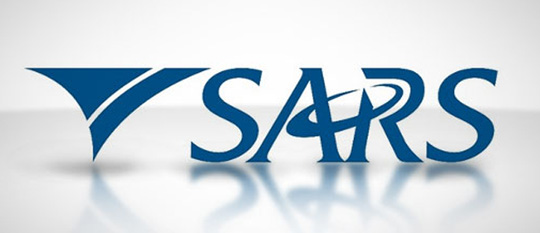Coronation was one of the largest shareholders in Steinhoff, which saw a collapse in its share price as accounting regularities emerged. However, its Balanced Plus and Balanced Defensive unit trusts which had a 2.1% and 0.6% exposure to Steinhoff, respectively, still did well, finishing in the top 10.
Despite the funds’ exposure to Steinhoff, the Coronation’s Balanced Plus and Balanced Defensive unit trusts both shrunk by only 3% to R2.7 billion and R1.7 billion from last quarter, respectively.
The Coronation Top 20 fund was hardest hit though. It had a 5.5% exposure to Steinhoff and shaved off 4.1% in assets to R19.5 billion. And Unit trusts from Coronation, which was one of the biggest investors in Steinhoff, continued to feature and be ranked in the top 10 biggest unit trusts in South Africa.
Coronation is taking legal action against Steinhoff and, where legally possible, any other parties complicit in any wrongdoing. Once its legal due diligence is complete it will decide which course of legal action is likely to yield the best outcome for its clients.
Coronation was not the only fund manager to be duped by Steinhoff: according to the Alexander Forbes Equity Manager Watch, it was 14th out of 24 managers over the past four months.
Unsurprisingly, the position of investors regarding what to do with their Steinhoff shares has been varied, with heated commentary by passive and active investors. While passive investors had no choice but to reduce their exposure to Steinhoff, the decision-making by active managers has been much more complicated, reported IOL.
There can be no debate that the biggest domestic losers from the Steinhoff fall-out thus far have been the Public Investment Corporation (PIC), which manages the pension funds of government employees, and Christo Wiese. Wiese’s total losses are rumored to be as much as $4 billion and the PIC’s as much as $1bn.
Of concern, most South African retirement funds with exposure to domestic equities would have had some exposure to Steinhoff. The investment return earned by members of defined contribution funds that had such exposure would have been detrimentally affected, depending on the level of exposure to Steinhoff shares in the portfolios that their retirement savings were invested in.











